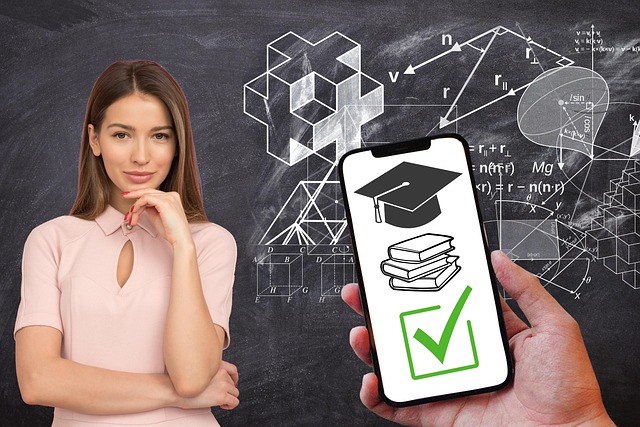In the rapidly evolving landscape of online education, the need to engage learners through effective online differentiation has never been more crucial. With the onset of digital learning platforms, educators are faced with the challenge of creating meaningful interactions that not only foster knowledge retention but also encourage collaboration and critical thinking among students. As we navigate this digital environment, understanding and implementing strategies for enhancing interaction becomes vital to the process of knowledge building.
Online differentiation is more than just providing varied resources or tasks based on student performance; it’s about tailoring the learning experience to meet individual learners’ needs and preferences. This approach acknowledges that each student has unique strengths, weaknesses, and motivations. By fostering an environment where personalized learning is prioritized, educators can spark deeper interactions and discussions among peers, leading to richer knowledge building.
When designing an online course, consider incorporating diverse instructional methods that account for different learning styles. Utilizing multimedia resources, such as videos, podcasts, and interactive simulations, can create engaging content that resonates with varied learners. Additionally, implementing collaborative tools like discussion forums and group projects encourages students to share insights, ask questions, and learn from one another. This not only enhances their understanding of the subject matter but also nurtures a sense of community that is often missing in digital environments.
Furthermore, timely feedback is a cornerstone of effective online differentiation. By providing personalized and constructive feedback on students’ performance, educators can guide learners on their educational journey. This reinforces their understanding and motivates them to stretch their capabilities further. Incorporating tools for self-assessment can also empower students to take an active role in their learning process, fostering independence and accountability.
Another essential aspect is the role of technology. Utilizing adaptive learning technologies can significantly enhance the learning experience by analyzing students’ strengths and weaknesses in real-time. This data-driven approach allows educators to adjust their teaching strategies, ensuring support is provided when needed. By integrating technology that simplifies access to materials and collaboration, educators can create a more inclusive online learning space that promotes engagement and knowledge building.
As we embrace the digital age, it is imperative that both educators and students commit to understanding the significance of interaction in online education. By valuing the individual learning journeys of students and strategically implementing online differentiation techniques, we can elevate the online learning experience into one that fosters not just academic knowledge but also critical life skills. In a world where knowledge is constantly changing and evolving, the ability to adapt and learn collaboratively is key to success.




